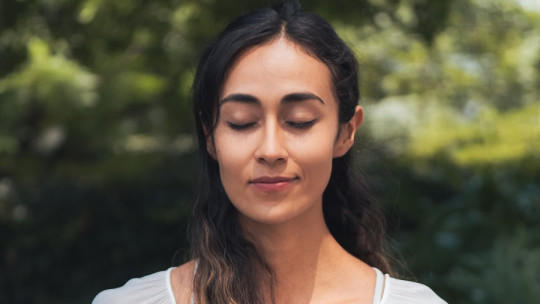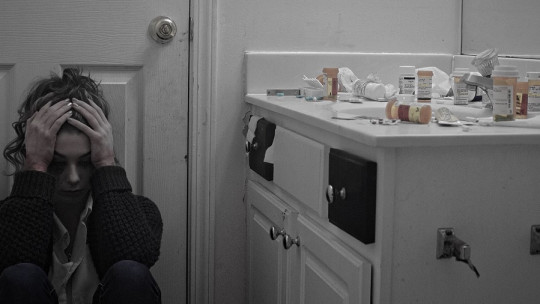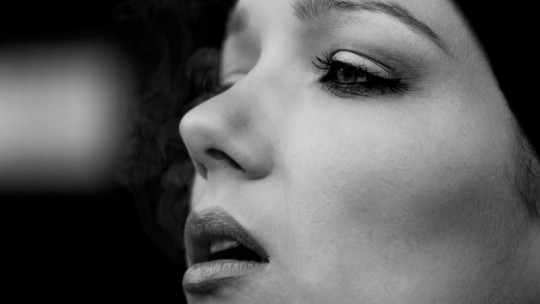Miguel de Unamuno, in The tragic feeling of lifetells us: “Whoever has not suffered, a little or a lot, will not be aware of himself.”
Unamuno’s approach connects the person with himself, and from that encounter with his own intimacy, painful intimacy – born of anxiety -, conquer calm, calm down, after a desired and loved effort. And it is in this positivity of mind where we take possession of our life and, in effect, exist, in the midst of the storm, in the worst moment, when anxiety intensifies, anguish stops arising and calm takes place.
How do we calm down?
What is characteristic of the person is calm; but this, in turn, is not given to him for nothing, but rather he has to conquer and win it. To achieve peace he must first calm himself.
Even in the most pressing situations, we are able to withdraw into ourselves and calm ourselves, perhaps through vigorous effort. It is always something that the person does, that he has to achieve, but When he achieves it, he has reached nothing else but himself. Calmness is the authenticity achieved from alteration or alienation – Julián Marías tells us.
Each new outbreak of anxiety strengthens intimacy and symbolizes the feeling of taking a step forward. becomes a beloved effort that helps us search for ourselves.
And now, again, I wonder: What resistance do we face when anxiety appears? To the division between conscious values (what is external to us) and unconscious values (what is internal and personal).
How do we resolve the dichotomy?
With jovial calm that is neither a gifted calm nor a play on words. The calm that one bravely creates for oneself – Ortega y Gasset tells us – in the midst of distress and trouble when, feeling lost, he shouts to others or to himself: “calm!” It is not anxiety, but that calm that overcomes it and puts order in it, where the person becomes humanized.
Calm is an active, lucid and human state of finding peace despite the internal storms that will come. It is not about passively enduring or being indifferently disinterested in anxiety, but about considering the situation in which one finds oneself and the things in them with an alert eye, to distinguish between what matters and what does not, to discern and find well-being. .
Facing the door of anxiety, the person, to be happy, has to be master of himself. Mastery over things is ephemeral, what truly lasts is being master of one’s own self. Know what to expect. And, with anxiety, at first we must take action, we must face it with a calm mind.
In front of the door of anxiety, I seem to see the culmination of the active, lucid and human interpretation of calm, which is no longer in calm, which is not given away. And anxiety is a state that is translated by an indefinable feeling of insecurity; pejorative amplification: imaginative movement that takes pessimistic perspectives of misfortune to the absurd; of danger: concern, perplexity or fear at “what happened”; confusion: feeling of disorganization of vital forces, of helplessness. And even more, it is the loss of understanding.
Faced with the tragedy of anxiety – and calmly – that is, after having calmed down, one must be prepared to criticize the force, energy or power that invades one –in the middle of the storm, in the middle of the danger, and yet not ignoring it- no doubt with the aim of distracting himself from the great threat that he saw in front of the door of anxiety.
One last recommendation
This active, positive, jovial and alert calm achieved with a dear effort can degenerate into everyday life, mere adaptation and conformity , like anxiety, degraded into mania or dread, frantic and debase the person, so we must continue to be masters of ourselves to be happy. Only in this way will we achieve peace of mind.
A few last questions :
Is absence of disturbance, absence of pain, neither restlessness nor pain possible? is it enough to live?
We think not.
Is a positive, active, affirmative interpretation of anxiety possible, achieved through tranquility and calm?
We think so.









